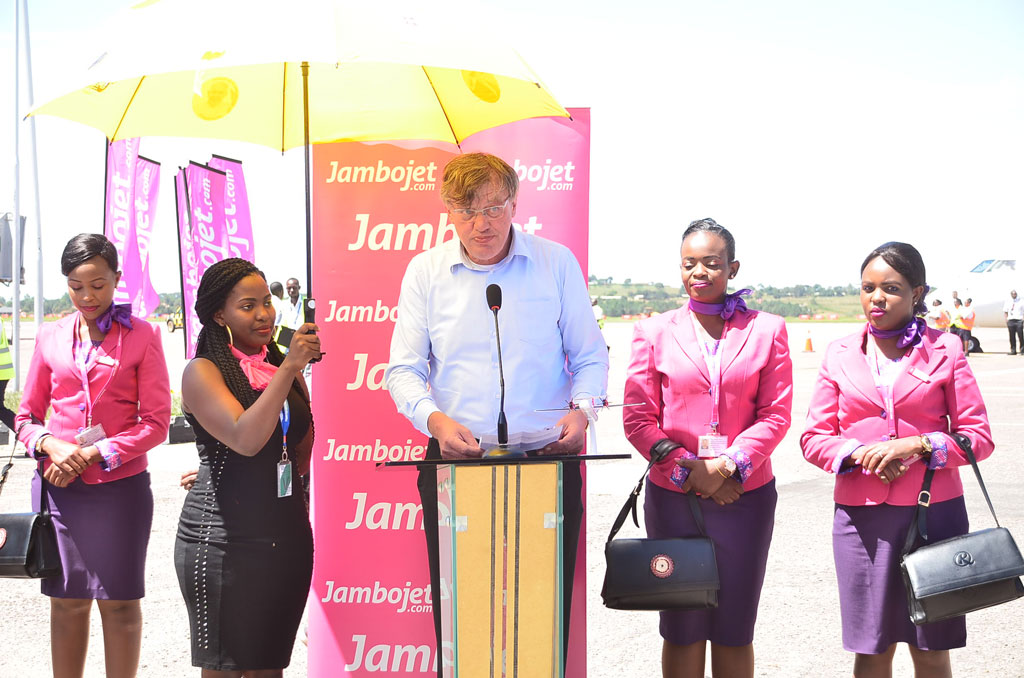President Yoweri Museveni is pushing Egypt to abandon its strict adherence to the Nile Waters Agreements, which have limited the river’s equitable use throughout the basin, and instead concentrate on augmenting the amount of water in the Nile.
President Museveni, represented by Vice President Jessica Alupo, emphasized the need to give priority to increasing water quantity in the Nile over these agreements, especially the Khartoum Agreement, during his speech at the 7th Nile Basin Development Forum (NBDF).
There have been multiple agreements regarding the use of Nile River waters across the basin countries, but none have received majority acceptance from all basin countries due to the contentious nature of this topic between upstream and downstream nations.
Two important agreements are the source of the main variations. Egypt was allotted 48 billion cubic meters of Nile water per year under the Anglo-Egyptian Agreement of 1929, whereas Sudan received 4 billion cubic meters during the same era.
In order to reduce disruption to the Nile’s flow, this agreement also gave Egypt the right to veto building projects on the river and its tributaries.
The other notable deal is the well-known Khartoum deal of 1959, a bilateral agreement that raised water allocations to 18.5 cubic meters for Sudan and 55.5 billion cubic meters for Egypt in the wake of Egypt’s independence.
When taken as a whole, these accords are known as the “Nile Waters Agreements.” Based on these accords, Egypt has long maintained its ownership of the Nile waters.
However, because they were underrepresented and have their own needs for the river’s water, upstream nations—including Uganda—have found these agreements unsuitable.
It’s important to remember that the Nile produces an estimated 84 billion cubic meters of water yearly, and 487.3 million people are thought to live in the basin.
According to Museveni, reorienting attention toward environmental preservation and protection will increase the amount of water in the Nile, allowing all countries in the Nile basin to exploit the river fairly for production.
Museveni’s plan might result in higher output and more use of electricity as a clean energy source, which would be advantageous for the basin while lowering the amount of energy used for biomass and protecting the biodiversity of the Nile River catchment area.
These statements coincide with Egypt’s decreased involvement in the Nile Basin Initiative (NBI), a group it assisted in founding in 1999.
With the exception of Eritrea, all basin nations signed the NBI protocol to improve collaboration on the utilization of shared Nile basin water resources.
They created the Cooperative Structure Agreement and thought of a more comprehensive institutional and legislative structure for managing the basin and its water resources in an effort to promote collaboration and unity among NBI members.
Only six of the ten states that make up the NBI have signed this agreement, though.
Prominent Pan-Africanist and academic Prof. Patrick Loch Otieno Lumumba, sometimes known as PLO Lumumba, pushed the NBI to leave boardrooms and offices and work at the grassroots level to address issues that directly affect regular people in the region.
He underlined that technocrats should collaborate closely with those impacted by the river and the decisions made in its vicinity.
Lumumba also emphasized the shared duty of using the river properly and asked for deeper transboundary relationships among basin countries, with each state considering the effects of its projects on the Nile and its neighbours.

















